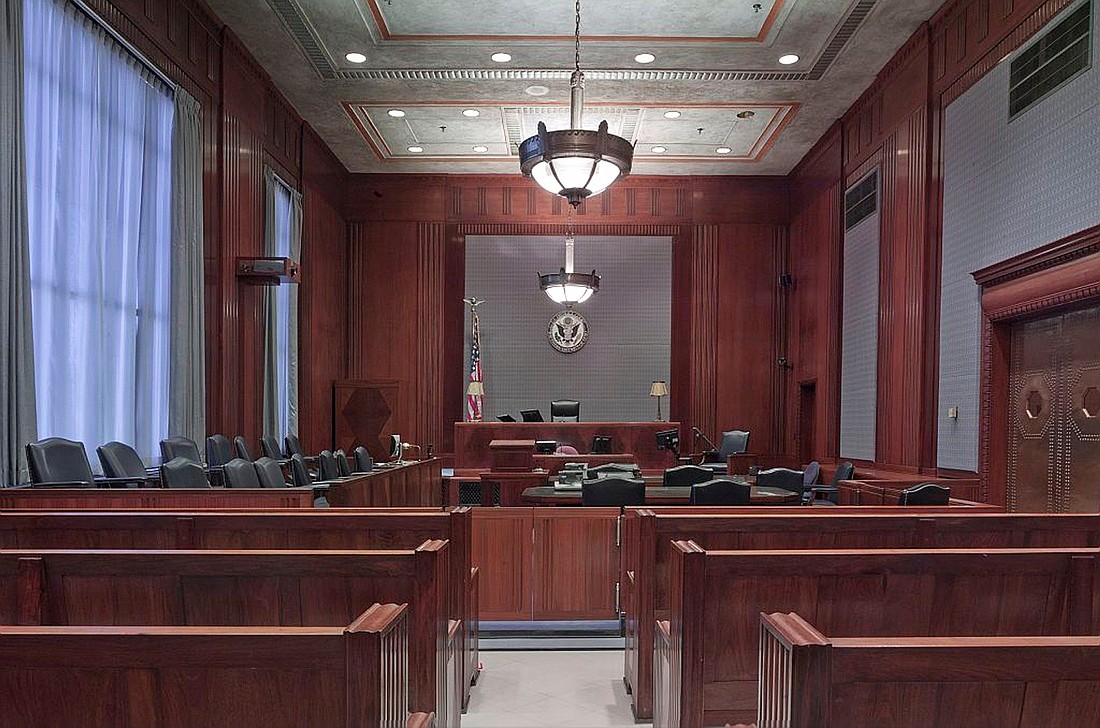
By Obinna Anum • Esquire Litigation Group
In the midst of the pandemic, most attorneys have had to make major adjustments to the way we conduct our business, especially those, like yours truly, that traditionally conducted much of their practice in courtrooms in Northeast Florida.
Although COVID-19 has kept us out of in-person hearings, technology has helped ensure that legal matters continue to be heard and managed, albeit remotely.
Some litigants relish not having to travel what, for some, may be a long distance to get to the courthouse. Others are outright comfortable with only needing to commit to a top-half of formal courtroom attire.
However, despite the opportunity that videoconferencing platforms like Zoom or Microsoft Teams afford, they can be rife with difficulties and complications, both in the way they function and the way they are applied to court matters.
A few weeks ago, I had the opportunity to observe a criminal defendant client as he offered a guilty plea to the court and a colloquy was conducted. In criminal procedure, colloquy is a conversation between a judge and a criminal defendant who has been sworn under oath.
It must occur when a defendant enters such a plea in order for the plea to be valid. There are many rights that a criminal defendant gives up when entering a guilty plea and so the discussion must be done intelligently, knowingly and voluntarily.
This particular colloquy was conducted via videoconference and was not without some issues. Face masks and less than HD quality video provided for what ultimately must have been quite a distressing time for the court reporter who must accurately record everything that is said.
Even before the pandemic, this process could prove difficult in myriad ways. The participants may not be able to hear or understand each other because of distractions here and there. Some defendants may need a moment of pause to consult with their attorney and further process some aspect of what a judge is saying.
Sometimes, it comes to a complete halt when a defendant suddenly realizes that they have changed their mind. On a Zoom call, these issues are only amplified with the all too real possibility of an unstable internet connection or audio issues.
There also is much to be missed in the way of simple grandiosity. I have yet to see a courtroom in Florida that is not impressive and imposing in its appearance. The spectacle of the typical courtroom’s magnificent façade, the formal dress code, standards that date back many centuries to those of our forebearers in England are somewhat lost in the midst of a videoconference.
If there is a bright side to all of this, it is that the end is in sight, with at least two coronavirus vaccinations in mass distribution.
Perhaps at some point later this year, we will be able to return to courtrooms to handle legal matters with the attention and formality that they deserve.
Obinna Anum is a partner with Esquire Litigation Group.